AI is changing the game when it comes to cyber security
With AI becoming more of an everyday reality, innovative strategies are needed to counter increasingly sophisticated threats

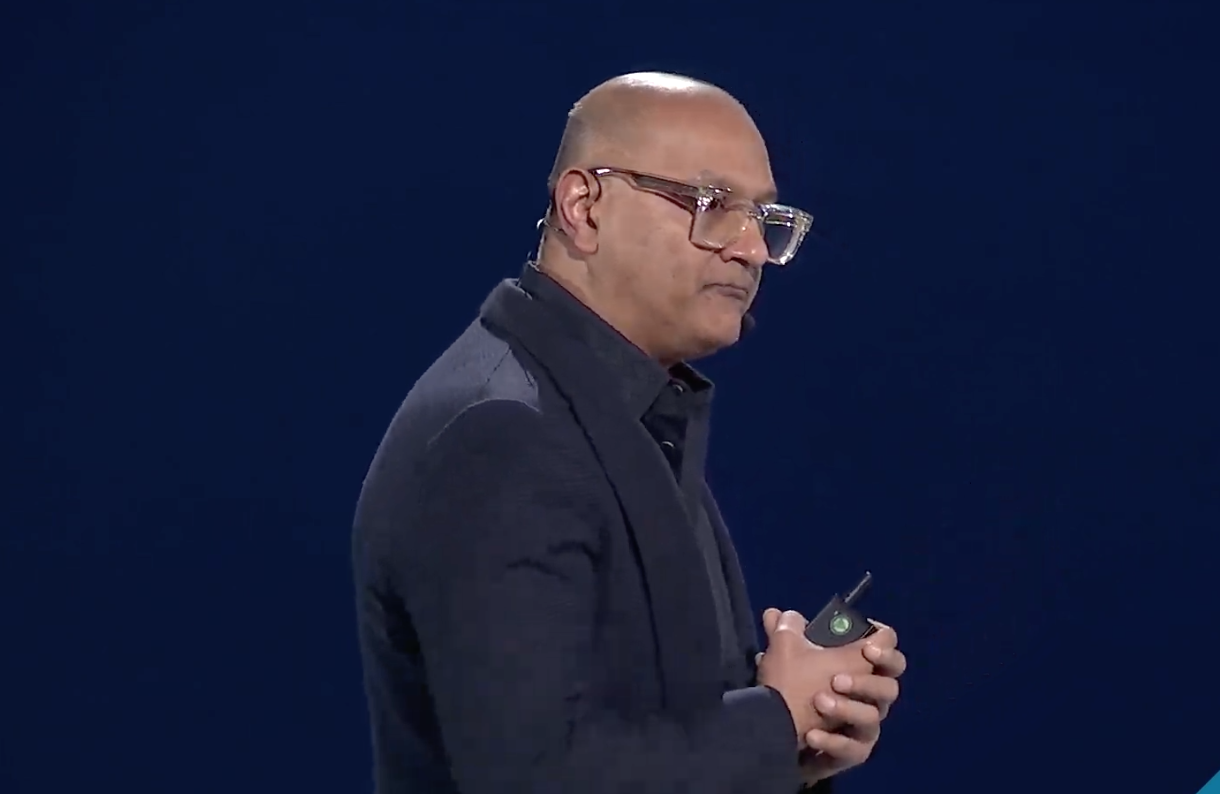
Cyber security has reached a fundamental inflection point thanks to AI and the industry is on the cusp of massive change that is very different from what we’ve seen in the past.
So says Jeetu Patel, executive vice president and general manager, of security and collaboration at Cisco, who used his keynote speech at the RSA Conference in San Francisco to highlight that we are quickly moving away from a world of “complete scarcity” into the opposite when it comes to resources.
“The cyber security industry is about to have a pretty seismic change in the way that it’s going to operate…. In practical terms, all of us in the IT industry each have a certain contained set of budget every year and are expected to do a little bit more with just a little bit less,” Patel said.
“This is the first time in the history of humanity that I think you can start to see that there might actually be us entering into a state of abundance… The ability for us to augment capacity to humans is going to be so profound and grow at such different scales and proportions to what we’ve seen before that if you had, suppose, 20 developers on your team expanding that to 100 through digital workers is not going to be hard to do and is going to be very plausible.”
That said, with the rapid evolution of threats moving laterally across networks and AI enhancing attackers' sophistication, the need for a big shift in defense strategies is urgent, according to Patel and fellow keynote speaker Tom Gillis, senior vice president and general manager of security for Cisco.
Patel and Gillis revealed that AI is no longer just a buzzword but a transformative tool, enabling organizations to anticipate, detect, and respond to threats with unparalleled speed and precision.
During their engaging discussion, Patel and Gillis elaborated on how Cisco is harnessing these AI advancements to forge new paths in cyber security. Patel highlighted the shift from traditional security methods towards a more integrated AI-driven approach.
Sign up today and you will receive a free copy of our Future Focus 2025 report - the leading guidance on AI, cybersecurity and other IT challenges as per 700+ senior executives
He pointed out that the infrastructures and applications requiring protection are rapidly evolving, making traditional methods less effective. The increased complexity and connectivity of modern networks demand a smarter and more responsive security strategy.
"AI isn't just an enhancement; it's becoming a necessity," Patel asserted. He described how AI can proactively address the challenges of real-time threat detection and system vulnerabilities.
By implementing AI at the core of cyber security strategies, organizations can shift from reactive to pre-emptive security postures.
Gillis expanded on this by discussing the application of AI in network segmentation and vulnerability management, two critical areas that have traditionally been labor-intensive and prone to human error. With AI, these processes can become more dynamic and accurate, adapting to new threats as they emerge.
"Imagine a system that not only detects and reacts to threats but also predicts and prevents them before they can do harm," Gillis explained. He introduced the concept of 'autonomous security', where AI-driven systems continuously learn and adapt, ensuring that security measures evolve at the pace of new threats.
RELATED WHITEPAPER

The keynote also addressed the potential risks and ethical considerations of AI in cyber security, emphasizing the importance of responsible AI use. Both speakers highlighted the need for stringent governance and transparency in AI operations to prevent biases and ensure data privacy.
The keynote presentation concluded with a call to action for all cyber security professionals: to embrace AI not as a tool but as an integral part of their security strategy. As threats become more sophisticated, so too must the defenses against them.
By integrating AI into their cyber security frameworks, organizations can enhance their ability to protect against and mitigate cyber threats, ensuring a more secure future in an increasingly digital world.
Rene Millman is a freelance writer and broadcaster who covers cybersecurity, AI, IoT, and the cloud. He also works as a contributing analyst at GigaOm and has previously worked as an analyst for Gartner covering the infrastructure market. He has made numerous television appearances to give his views and expertise on technology trends and companies that affect and shape our lives. You can follow Rene Millman on Twitter.
-
 What is Microsoft Maia?
What is Microsoft Maia?Explainer Microsoft's in-house chip is planned to a core aspect of Microsoft Copilot and future Azure AI offerings
-
 If Satya Nadella wants us to take AI seriously, let’s forget about mass adoption and start with a return on investment for those already using it
If Satya Nadella wants us to take AI seriously, let’s forget about mass adoption and start with a return on investment for those already using itOpinion If Satya Nadella wants us to take AI seriously, let's start with ROI for businesses
-
 RSAC in focus: Key takeaways for CISOs
RSAC in focus: Key takeaways for CISOsThe RSAC Conference 2025 spotlighted pivotal advancements in agentic AI, identity security, and collaborative defense strategies, shaping the evolving mandate for CISOs.
-
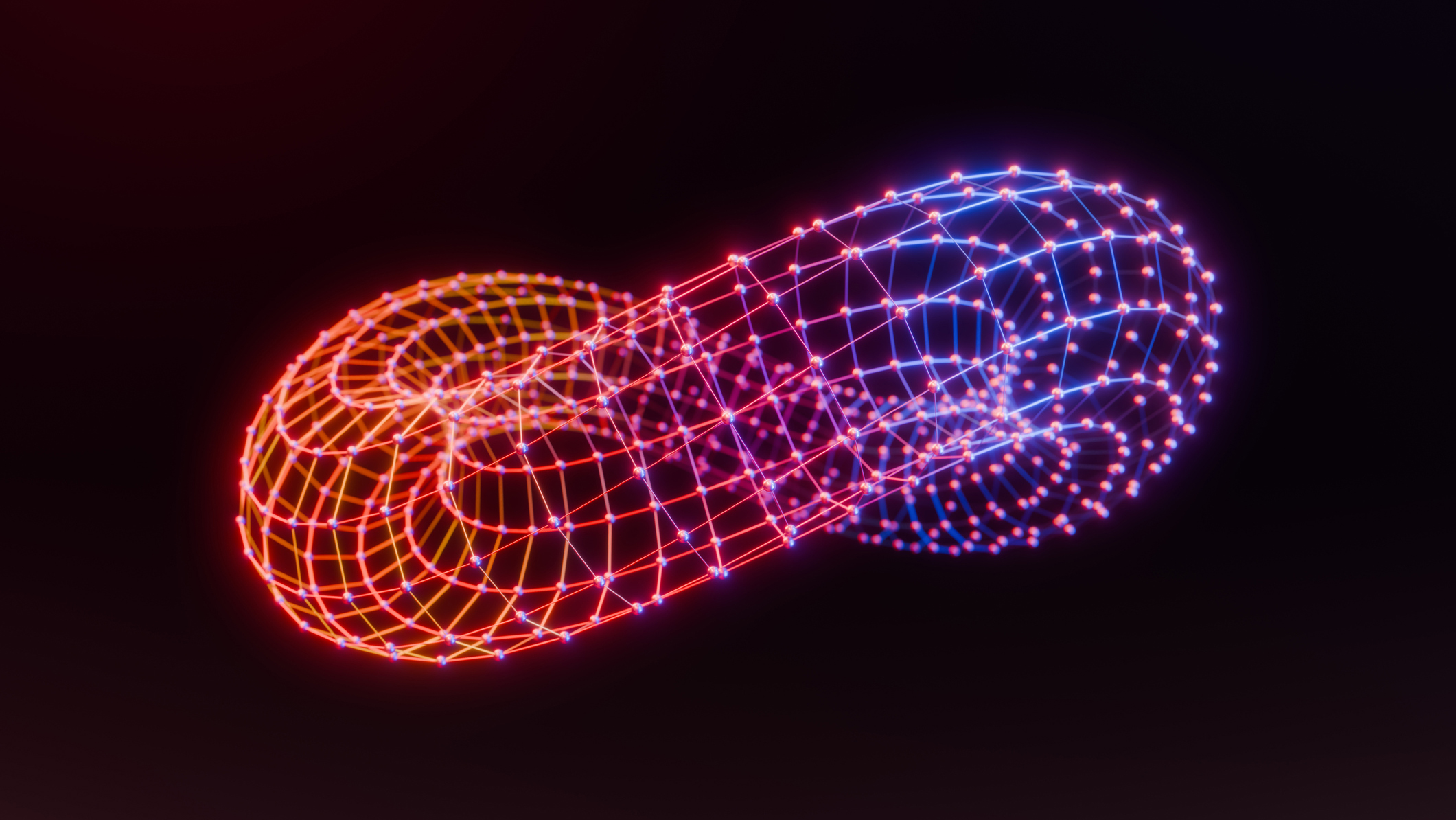 RSAC in focus: Quantum computing and security
RSAC in focus: Quantum computing and securityExperts at RSAC 2025 emphasize the need for urgent action to secure data against future cryptographic risks posed by quantum computing
-
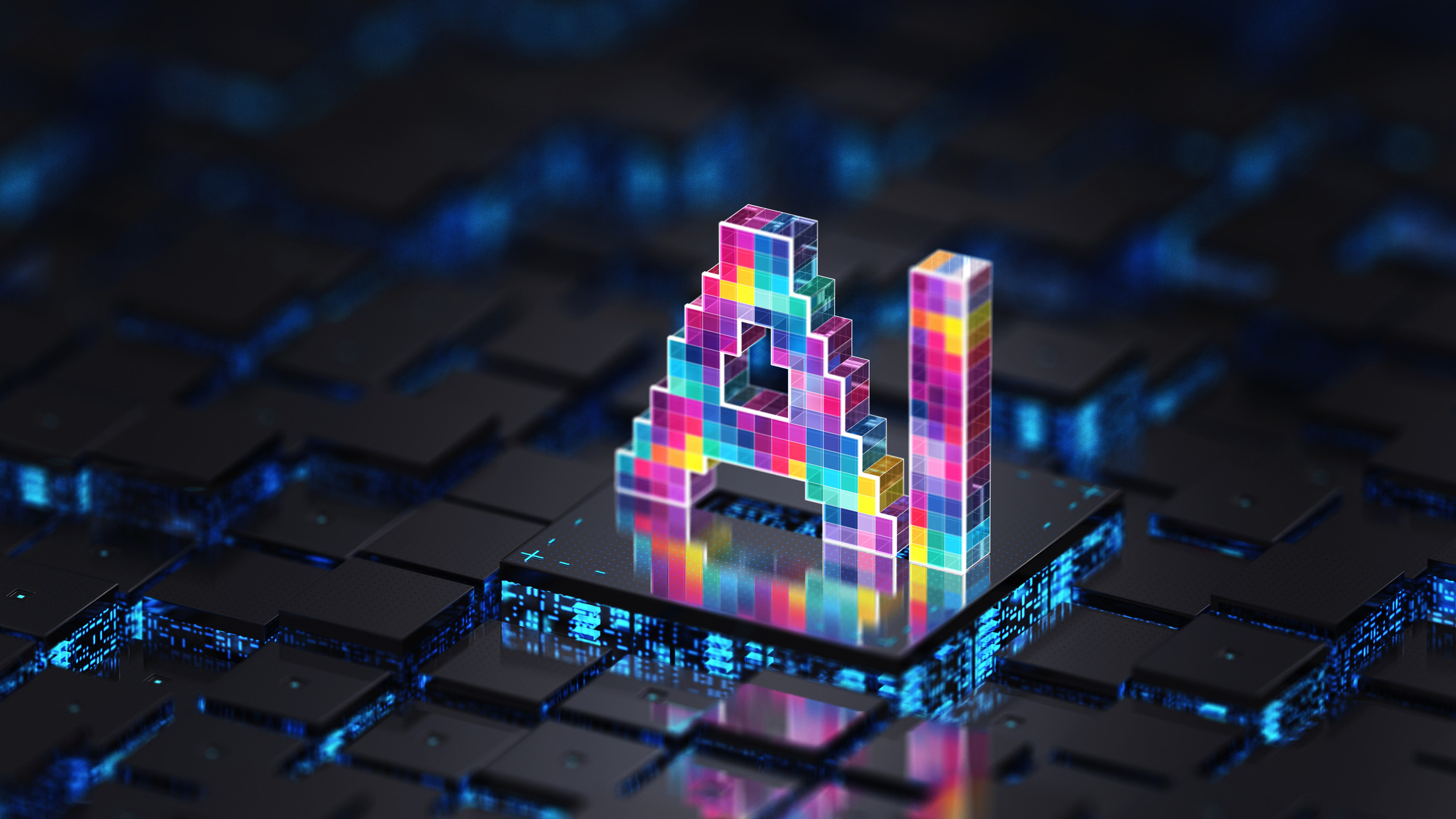 RSAC in focus: How AI is improving cybersecurity
RSAC in focus: How AI is improving cybersecurityAI is revolutionizing cybersecurity by enhancing threat detection, automating defenses, and letting IT professionals tackle evolving digital challenges.
-
 RSAC in focus: Collaboration in cybersecurity
RSAC in focus: Collaboration in cybersecurityExperts at RSA Conference 2025 emphasised that collaboration across sectors and shared intelligence are pivotal to addressing the evolving challenges of cybersecurity.
-
 RSAC in focus: Considerations and possibilities for the remainder of 2025
RSAC in focus: Considerations and possibilities for the remainder of 2025As 2025 unfolds, RSAC explores the pivotal considerations and emerging possibilities shaping the cybersecurity landscape
-
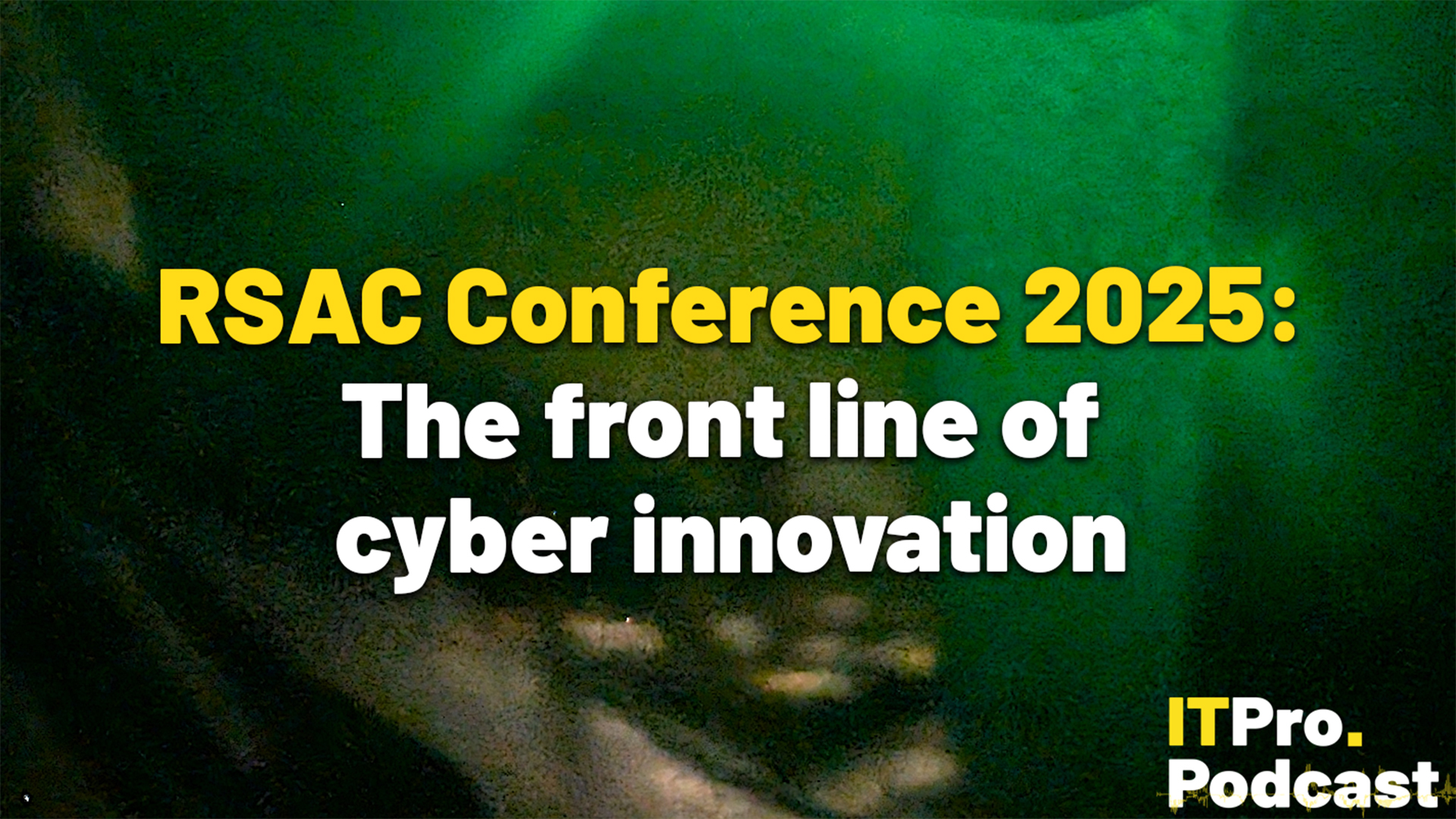 RSAC Conference 2025: The front line of cyber innovation
RSAC Conference 2025: The front line of cyber innovationITPro Podcast Ransomware, quantum computing, and an unsurprising focus on AI were highlights of this year's event
-
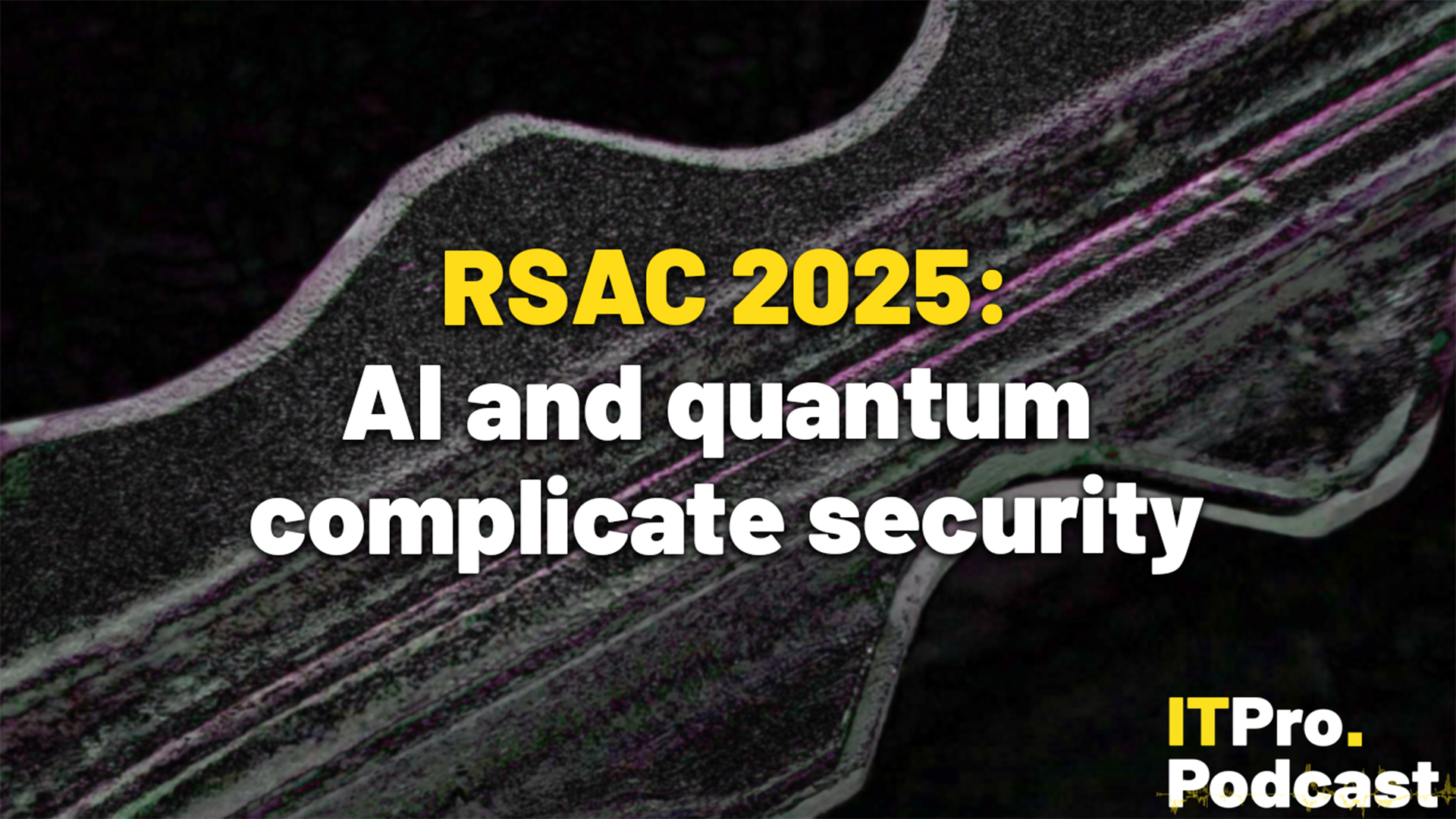 RSAC Conference 2025: AI and quantum complicate security
RSAC Conference 2025: AI and quantum complicate securityOrganizations are grappling with the complications of adopting AI for security
-
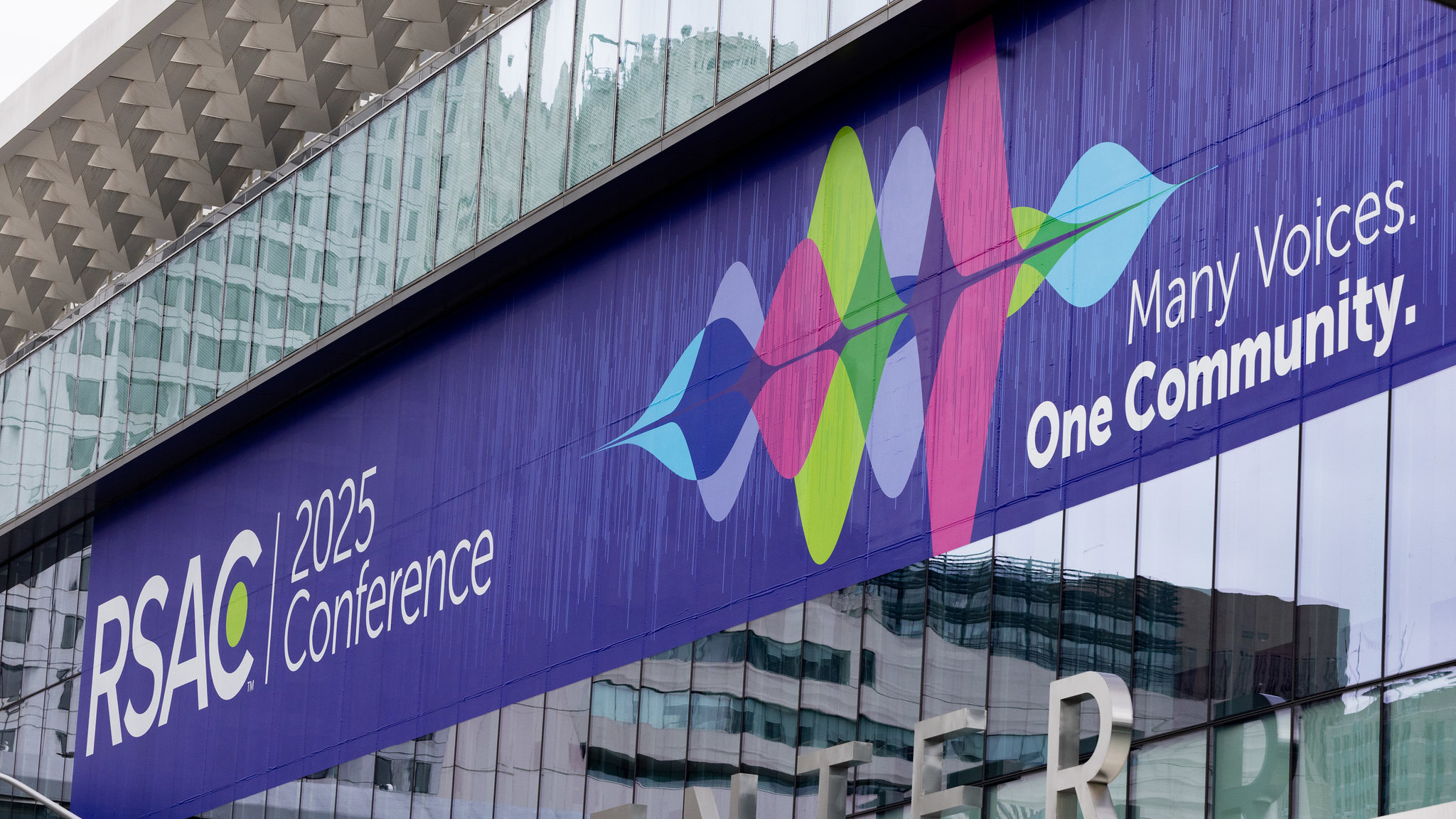 RSAC Conference 2025 was a sobering reminder of the challenges facing cybersecurity professionals
RSAC Conference 2025 was a sobering reminder of the challenges facing cybersecurity professionalsAnalysis Despite widespread optimism on how AI can help those in cybersecurity, it’s clear that the threat landscape is more complex than ever
